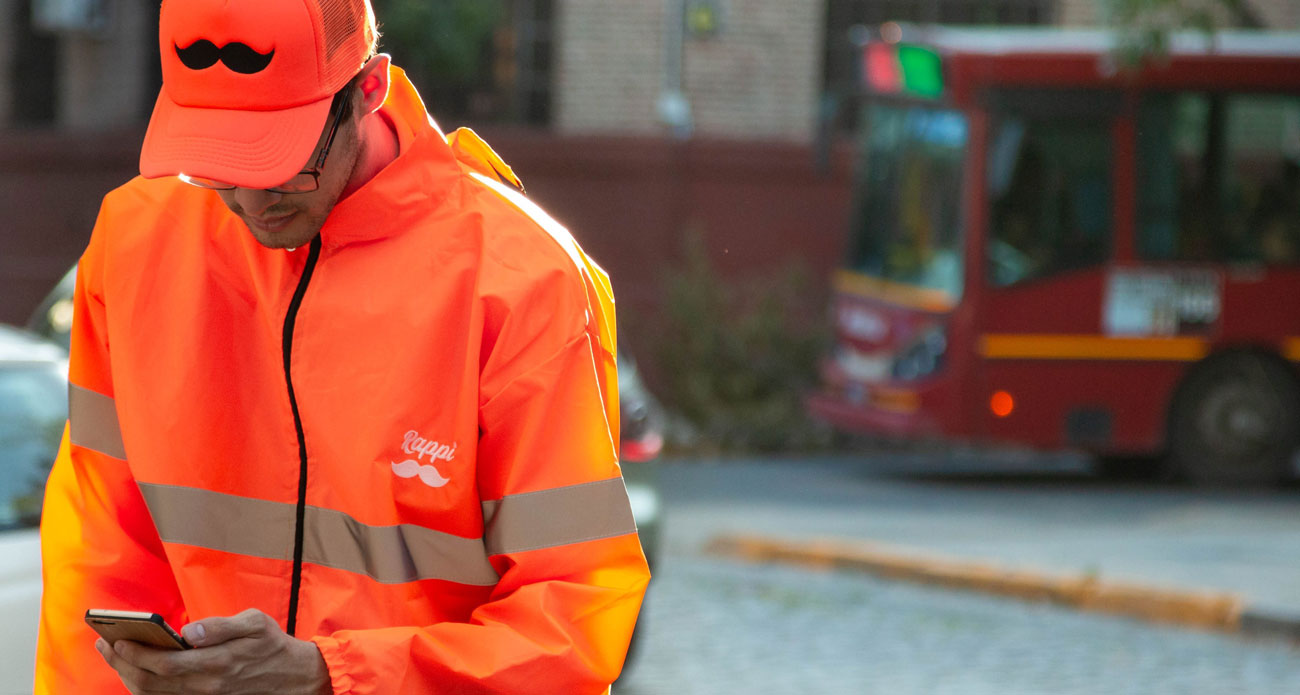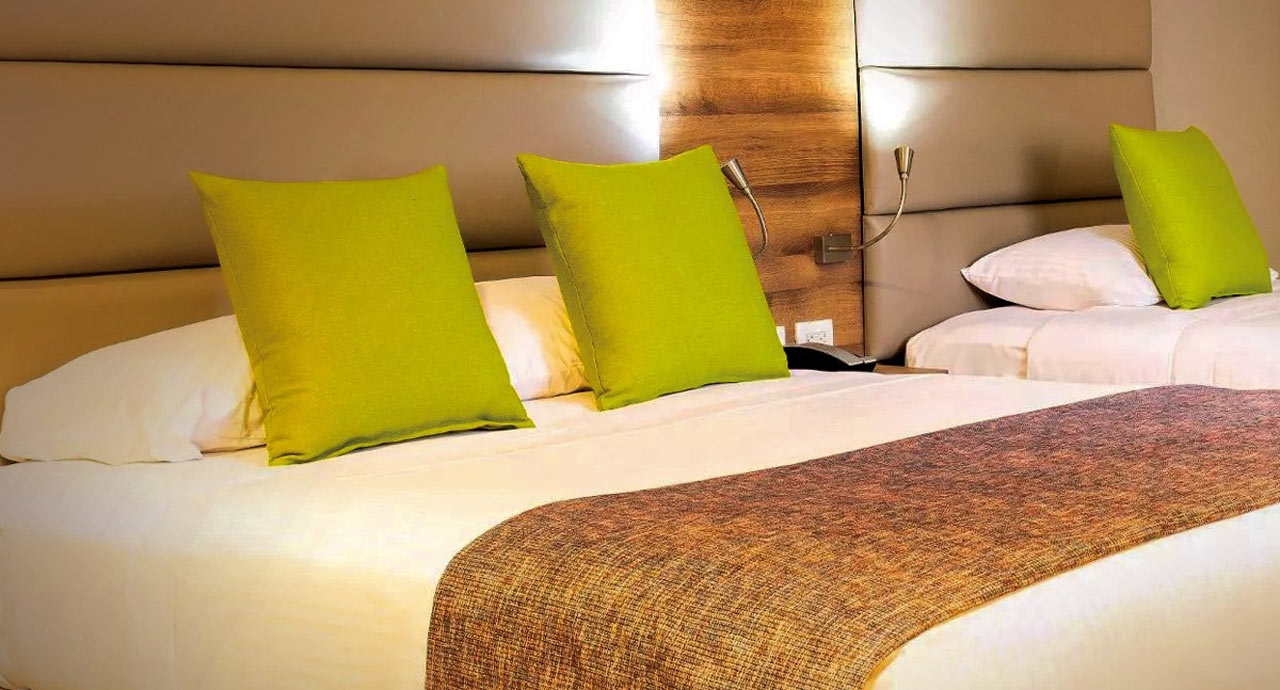Contxto – The bigger the company, the bigger the risks to which it can be exposed. This is something one of Latam’s largest food delivery startups recently learned.
Yesterday (22), an investigation by Reuters surfaced showing that some Rappi couriers or rappitenderos, in Colombia, acquired their spot on the platform through illicit means. That’s right, apparently, there is a black market for users to acquire a slot and work as a delivery partner.
An unintentional market built by Rappi
Profiles are often showcased via social media and can be priced for up to US$160. To make matters worse, some accounts are fraudulent and prey on Colombians desperate for work.
These dealings likely arose as of March when Rappi began blocking accounts due to “false identity issues” or poor ratings from users.
This practice is replicated in other countries where Rappi operates like Mexico. Moreover, it’s quite plausible that this is also the case for competing platforms like Uber Eats, Didi Food, and iFood.
[wd_hustle id=”InArticleOptin” type=”embedded”/]
50 Shades of Shared Economy
Rappi’s case shows that, within the sharing economy, there are multiple shades of gray and interests colliding between companies, partners, and end-users.
Certainly, rising unemployment rates or cash strapped households need the income. Desperation can easily lead people to acquire a slot on a food delivery app at whatever cost.
More so, when considering that urban unemployment in countries like Colombia stood at 25 percent last July, according to Reuters.
Simultaneously, platforms like Rappi and Uber Eats have to juggle within an increasingly saturated market with slim profit margins, while also keeping tabs on its couriers. Boosting security measures and filters would further drain these platforms’ resources.
That would entail furthering their losses or passing the cost off to the end-user (who probably wouldn’t appreciate a higher delivery fee).
Meanwhile, app users don’t really fret about any of these issues. They just want their order delivered on time by an authorized party at a low-to-reasonable cost.
And unfortunately, this problem isn’t exclusive to food delivery platforms.
It could be worse, Rappi; you could be Uber
An Uber driver once told me that this black market of slots also takes place within ride-sharing apps. Facebook and WhatsApp groups are often the favorite marketplaces of authorized drivers to sell off their place to another.
Sure, there are security measures like verifying the picture of the driver with that of the person behind the wheel. But with Covid-19, mandatory use of masks makes it harder for people to be identified.
In those cases, some might say, “then don’t get in the car” if the picture doesn’t match.
But when you’re a woman alone on the street at night, you’re forced to pick the lesser evil and do what mom and dad always warned you not to do and get in a stranger’s car anyway.
So while the idea of my rappitendero not being the person the app says they are is jarring, there are more discomforting scenarios.
Indeed, it could be worse… but as usual, that argument offers little comfort. Especially since you’re forking over your address to a complete stranger.
Related articles: Tech and startups from Colombia!
-ML






